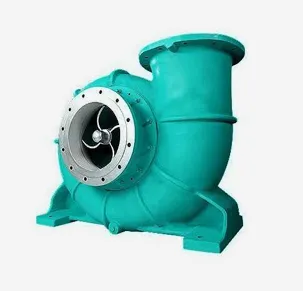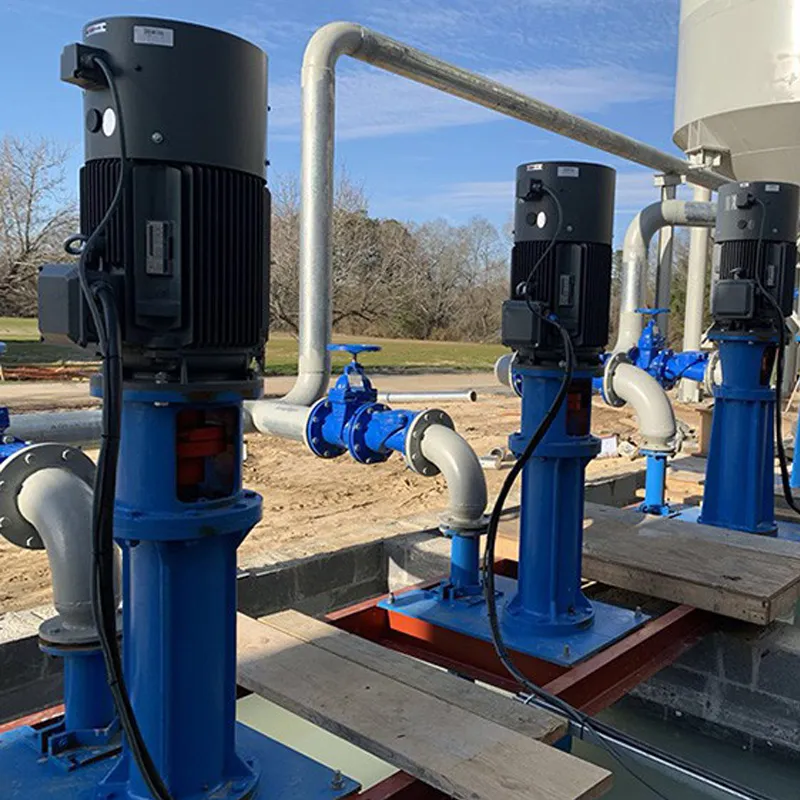TEL:
+86 13120555503
Kyrgyz
- Afrikaans
- Albanian
- Amharic
- Arabic
- Armenian
- Azerbaijani
- Basque
- Belarusian
- Bengali
- Bosnian
- Bulgarian
- Catalan
- Cebuano
- Corsican
- Croatian
- Czech
- Danish
- Dutch
- English
- Esperanto
- Estonian
- Finnish
- French
- Frisian
- Galician
- Georgian
- German
- Greek
- Gujarati
- Haitian Creole
- hausa
- hawaiian
- Hebrew
- Hindi
- Miao
- Hungarian
- Icelandic
- igbo
- Indonesian
- irish
- Italian
- Japanese
- Javanese
- Kannada
- kazakh
- Khmer
- Rwandese
- Korean
- Kurdish
- Kyrgyz
- Lao
- Latin
- Latvian
- Lithuanian
- Luxembourgish
- Macedonian
- Malgashi
- Malay
- Malayalam
- Maltese
- Maori
- Marathi
- Mongolian
- Myanmar
- Nepali
- Norwegian
- Norwegian
- Occitan
- Pashto
- Persian
- Polish
- Portuguese
- Punjabi
- Romanian
- Russian
- Samoan
- Scottish Gaelic
- Serbian
- Sesotho
- Shona
- Sindhi
- Sinhala
- Slovak
- Slovenian
- Somali
- Spanish
- Sundanese
- Swahili
- Swedish
- Tagalog
- Tajik
- Tamil
- Tatar
- Telugu
- Thai
- Turkish
- Turkmen
- Ukrainian
- Urdu
- Uighur
- Uzbek
- Vietnamese
- Welsh
- Bantu
- Yiddish
- Yoruba
- Zulu
Telephone: +86 13120555503
Email: frank@cypump.com
Feb . 19, 2025 00:44 Back to list
commercial submersible pump
When it comes to selecting a commercial submersible pump, understanding the intricacies and science of this equipment is crucial. A commercial submersible pump is more than just a tool; it is the backbone of efficient water management systems in numerous industries. From agriculture to construction, these pumps play a pivotal role in fluid movement, offering unparalleled efficiency and reliability.
Expertise in installation and maintenance practices can enhance the lifespan and efficiency of commercial submersible pumps. Proper installation ensures that the pump operates within its optimum parameters, avoiding issues like excessive vibration and mechanical stress that can lead to premature failure. Regular maintenance, including checks of the impeller, seals, and motor, is crucial in preventing unexpected breakdowns. In terms of trustworthiness, real-world experiences and testimonials play a significant role. Users who have experienced the robustness and reliability of a specific model contribute valuable insights that can guide potential buyers. Engaging with communities and forums where industry professionals discuss their experiences can provide practical knowledge that transcends standard product descriptions. For industries requiring custom solutions, advanced submersible pumps offer modular designs that can be tailored to fit specific needs. Whether it's adapting the pump's capacity, altering construction materials, or incorporating smart technologies for remote monitoring, these customizable options underscore the adaptability of modern submersible pumps. This adaptability ensures businesses can respond to evolving operational demands without compromising on performance. In conclusion, the selection of a commercial submersible pump requires a blend of technical knowledge, industry insights, and awareness of the latest advancements. By focusing on the factors discussed—operational mechanics, material construction, energy efficiency, brand reputation, and maintenance practices—businesses can invest in pumps that deliver remarkable performance, longevity, and return on investment. Such an informed choice not only optimizes fluid management strategies but also enhances the overall operational efficiencies across various sectors.


Expertise in installation and maintenance practices can enhance the lifespan and efficiency of commercial submersible pumps. Proper installation ensures that the pump operates within its optimum parameters, avoiding issues like excessive vibration and mechanical stress that can lead to premature failure. Regular maintenance, including checks of the impeller, seals, and motor, is crucial in preventing unexpected breakdowns. In terms of trustworthiness, real-world experiences and testimonials play a significant role. Users who have experienced the robustness and reliability of a specific model contribute valuable insights that can guide potential buyers. Engaging with communities and forums where industry professionals discuss their experiences can provide practical knowledge that transcends standard product descriptions. For industries requiring custom solutions, advanced submersible pumps offer modular designs that can be tailored to fit specific needs. Whether it's adapting the pump's capacity, altering construction materials, or incorporating smart technologies for remote monitoring, these customizable options underscore the adaptability of modern submersible pumps. This adaptability ensures businesses can respond to evolving operational demands without compromising on performance. In conclusion, the selection of a commercial submersible pump requires a blend of technical knowledge, industry insights, and awareness of the latest advancements. By focusing on the factors discussed—operational mechanics, material construction, energy efficiency, brand reputation, and maintenance practices—businesses can invest in pumps that deliver remarkable performance, longevity, and return on investment. Such an informed choice not only optimizes fluid management strategies but also enhances the overall operational efficiencies across various sectors.
Share
Latest news
-
Reliable Non-Clog Sewage Pumps with GPT-4-Turbo Tech
NewsAug.04,2025
-
High-Performance Air Pumps for Sand & Gravel | Efficient Transport
NewsAug.03,2025
-
ISG Series Vertical Pipeline Pump - Chi Yuan Pumps Co., LTD.|Energy Efficiency, Corrosion Resistance
NewsAug.03,2025
-
ISG Series Pipeline Pump - Chi Yuan Pumps | Energy Efficiency&Compact Design
NewsAug.03,2025
-
ISG Series Vertical Pipeline Pump - Chi Yuan Pumps Co., LTD.|High Efficiency, Low Noise, Durable
NewsAug.02,2025
-
ISG Series Vertical Pipeline Pump - Chi Yuan Pumps | High Efficiency, Low Noise
NewsAug.02,2025










